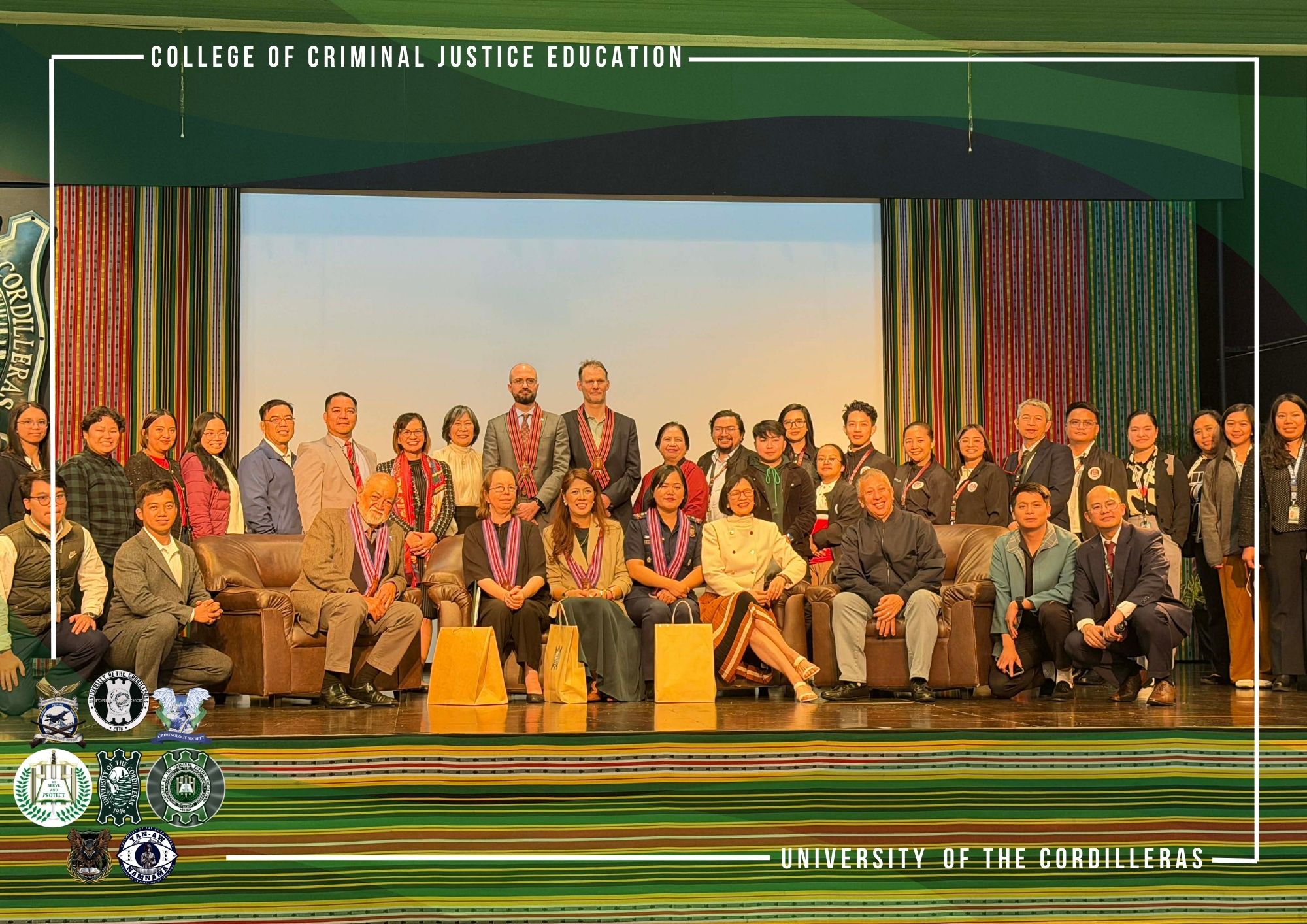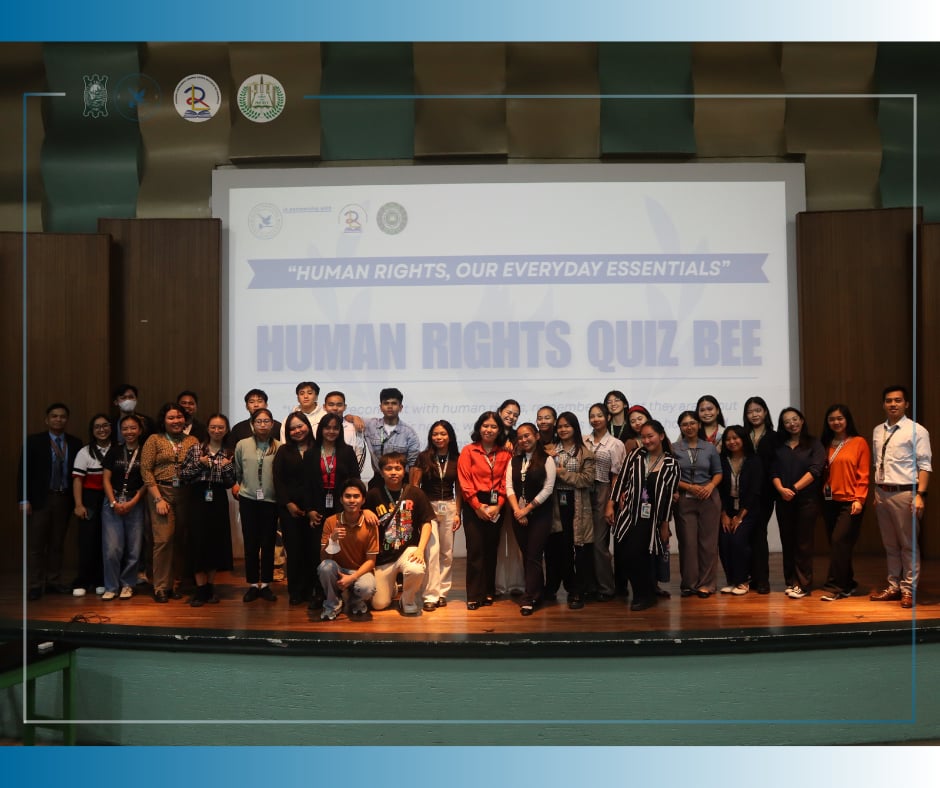By: Jeriza Laplana
On March 16, the University of the Cordilleras–Philippine Air Force Reserve Officers’ Training Corps (UC–PAF ROTC) Unit transformed the UC Theatre into a simulated disaster zone during the Humanitarian Assistance and Disaster Response (HADR) Training, the first activity of its kind conducted under the Second Air Reserve Center, Philippine Air Force (2nd ARCen).
The training aimed to strengthen cadets’ skills in crisis response and disaster preparedness. Spearheaded by Military Training Instructors (MTI) and supported by Volunteer Reservist Instructors (VRI), the event provided cadets with hands-on experience in managing emergencies, from medical response to rescue coordination.
During the exercise, cadets swiftly carried out rescue procedures, applied first aid, dressed wounds, and coordinated logistics. They performed stretcher carries, practiced basic life support, and followed proper protocols in handling victims with sensitivity and discipline. The simulation required cadets to act decisively while maintaining teamwork — essential skills in ensuring efficiency during real-world disasters.

UC–PAF ROTC officials emphasized that the HADR challenge marked a milestone not only for the ROTC Unit but also for the University, as it set a precedent within the 2nd ARCen. “We want our cadets to graduate not only as leaders in uniform but also as defenders who can respond effectively in times of crisis,” an MTI instructor shared.
The initiative also aligned with the United Nations Sustainable Development Goals (SDGs). The activities reflected SDG 3 (Good Health and Well-Being) by emphasizing sanitation, proper first aid practices, and the importance of preparedness in saving lives during emergencies. At the same time, the event supported SDG 4 (Quality Education) by providing experiential learning that went beyond classroom instruction — equipping cadets with life-saving skills, critical thinking, and leadership in high-pressure situations.
The cadets described the training as transformative, reinforcing their readiness to serve in real-life disasters and humanitarian missions. “We learned that preparedness is the best defense against chaos. Training like this makes us more capable and confident to help when people need us most,” said one participating cadet.
The event concluded with a sense of accomplishment and shared pride among participants, instructors, and the university community. By combining discipline, service, and education, the HADR Training strengthened UC’s commitment to producing not just graduates, but leaders ready to contribute to national resilience and the global call for sustainable development.











